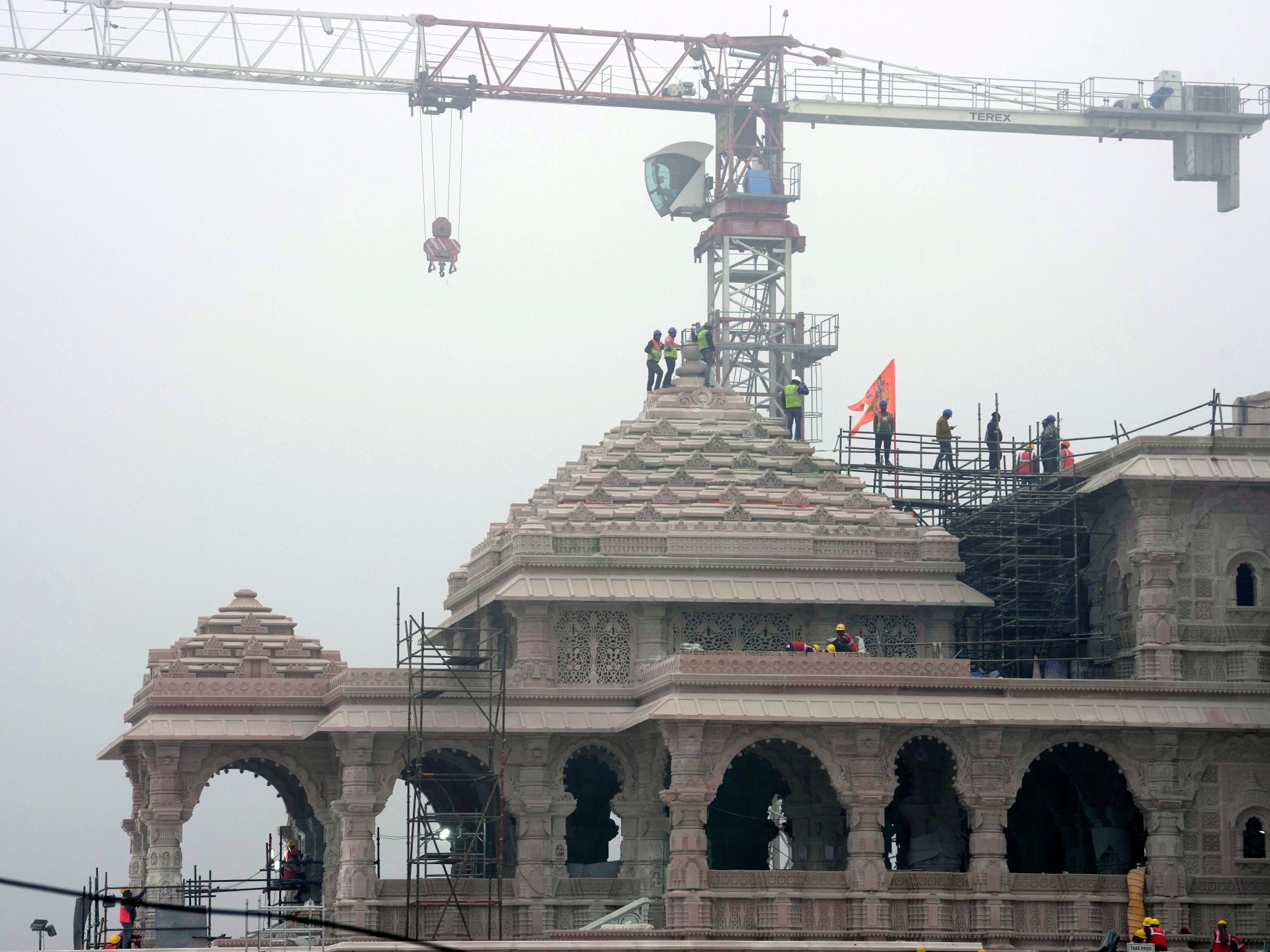
TAIPEI, Taiwan (AP) — Lai Ching-te, Taiwan’s elected president, has vowed to protect the island’s de facto independence from China and further align it with other democracies.
The 64-year-old Lai emerged as the winner of the election on Saturday on the island of 23 million people that China claims as its own. He is currently vice president of the Democratic Progressive Party, which has rejected China’s sovereignty claims over Taiwan.
Addressing his supporters on Saturday evening, Lai vowed that Taiwan would “continue to walk side by side with democracies from around the world.”
“We are saying to the international community that between democracy and authoritarianism, we will stand on the side of democracy,” he said.
Lai has vowed to strengthen the island’s defense and economy, which relies heavily on trade with China. He has also sought to soften his previous stance as a “pragmatic advocate for Taiwan independence.”
At the same time, the new president has expressed a desire to resume dialogue with China, which has refused to communicate with the island’s leaders in recent years.
“We are ready and willing to commit ourselves to show more for the people on both sides of the Taiwan Strait. Peace is priceless and war has no winners,” he said earlier this week.
But his chances of success in talks with China are almost zero, analysts say.
“Beijing has repeatedly criticized not just DPP more broadly, but has actually criticized Lai Ching-te by name,” said Wen-Ti Sung, a fellow at the U.S. think tank Atlantic Council. “This is something Beijing typically only does when it believes the chances of the two sides ever repairing relations are very slim.”
Instead, Sung added, China will likely resort to a “maximum pressure campaign,” including military and economic coercion.
As vice president, Lai helped advance Taiwan’s interests internationally.
On his way to Latin America, he made stops in New York and San Francisco in August, which drew criticism from Beijing.
That visit was part of a diplomatic mission to Paraguay, one of a dozen countries that still maintains formal diplomatic relations with Taiwan. Many countries, including the United States, officially recognize the People’s Republic of China but maintain unofficial relations with Taiwan.
Lai said at the time that it was important to meet foreign counterparts to convey the message that Taiwan “adheres to its democracy, human rights and freedom and actively participates in international affairs.”
US President Joe Biden was asked about the election in Taiwan as he left the White House on Saturday to spend the weekend at Camp David, the presidential retreat in Maryland.
“We do not support independence,” he said.
US Secretary of State Antony Blinken congratulated Lai and also “the people of Taiwan for once again demonstrating the strength of their robust democratic system and electoral process.”
U.S. House Speaker Mike Johnson said he would ask the chairmen of relevant House committees to lead a delegation to Taipei after Lai’s inauguration in May.
Lai described China’s missile launches and other military exercises in the Taiwan Strait in 1996 as a “pivotal moment” that drew him into politics.
In an opinion piece in the Wall Street Journal in July, he vowed to maintain the status quo, saying it was in the best interests of Taiwan and the international community. He also drew a line between Taiwan and Ukraine and the rise of authoritarianism worldwide “has alerted the international community to the fragility of democracy.”
In that article, he called for expanding Taiwan’s military deterrence capabilities, strengthening economic security, building partnerships with democracies worldwide, and “stable and principled leadership across the Taiwan Strait.”
Lai has held several prominent positions in addition to vice president, including prime minister, legislator and mayor of the southern city of Tainan. He is originally a doctor and holds a master’s degree in public health from Harvard.
During his and President Tsai Ing-wen’s terms, Taiwan increased its arms purchases from the United States, which is required by law to supply the island with weapons it needs for self-defense.
Its vice president is former US envoy Bi-khim Hsiao.
China issued a sharp rebuke in 2022 when Lai, the highest-ranking Taiwanese official in decades, visited nearby Japan to attend the funeral of former Prime Minister Shinzo Abe.
___
Adam Schreck reported from Bangkok. Seung Min Kim contributed to this report from Washington.






Recent Comments